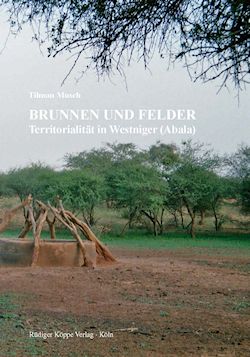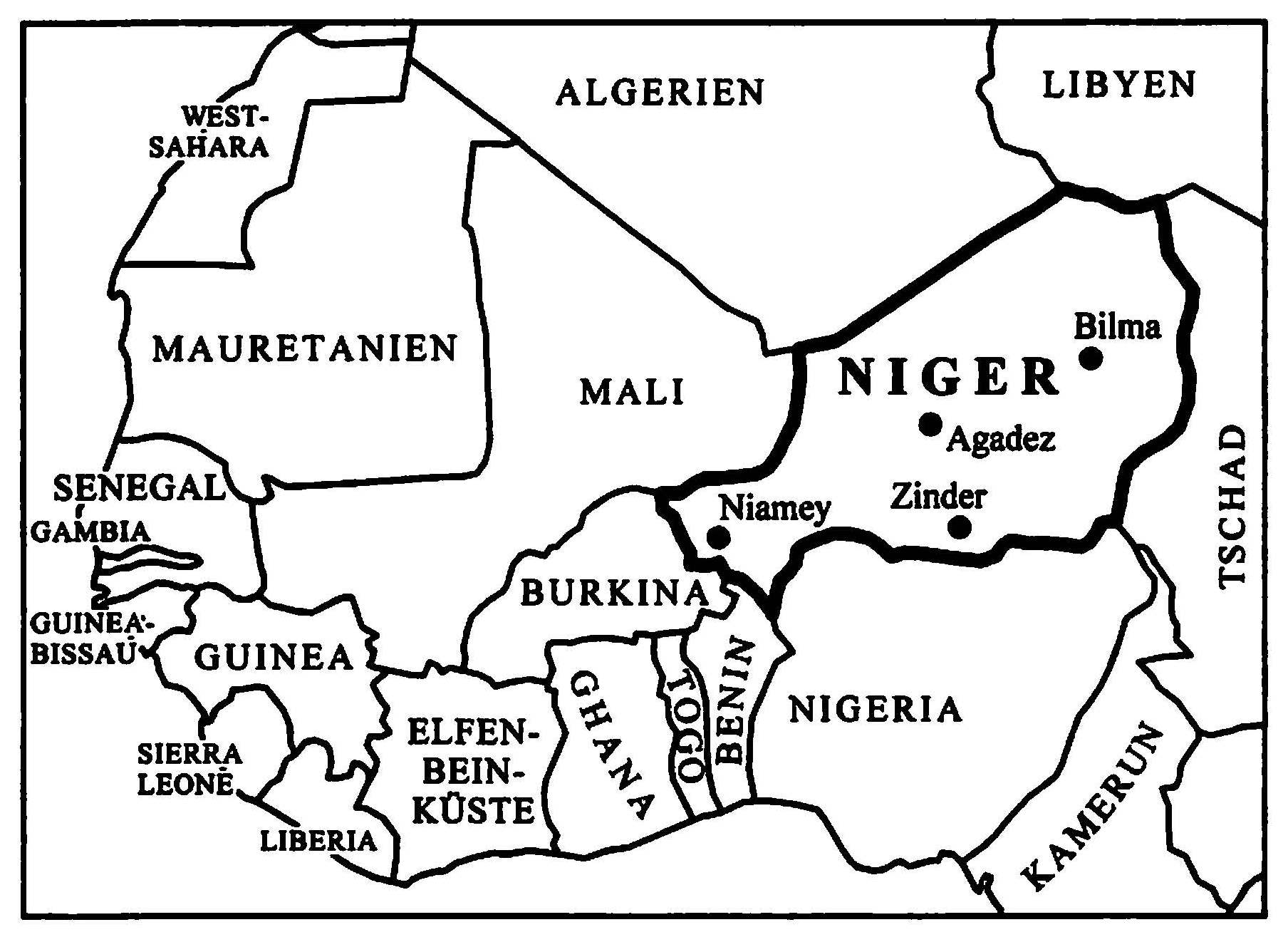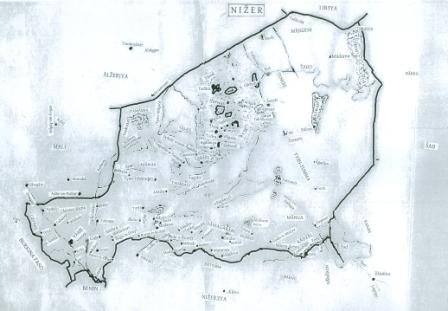


Brunnen und Felder
Territorialität in Westniger (Abala). With an English Summary
Author: Tilman Musch.
Series: TIAS Topics in Interdisciplinary African Studies Volume 25
201212 pp. Roman, 252 pp.
7 maps, 10 colour photos, 16 b/w photos, index, appendix
Text language(s): German
Format: 148 x 210 mm
360 g
Paperback
€ 39.80
Buy 'Brunnen und Felder' as a downloadable PDF document directly from our online shop »
Order 'Brunnen und Felder' as print edition »
This study deals with territoriality in pastorally managed areas of the Abala community of Western Niger. The focus is on the dynamics of territoriality which have to be continuously maintained and can be questioned any time. Contrary to a sedentary perspective, the author holds the opinion that territoriality is not weakened but in fact even strengthened by mobility.
The discourse regarding territoriality forms the theoretical framework in which the present study analyses material of anthropological fieldwork among several communities in Western Niger: Arma, Tuareg, Fulbe, Hausa and Zarma. In a first step, the ethnic groups and their history of migration as well as the formation and legal basis of a zone pastorale is presented. This description starts from the historic context of the displacement of the Iwellemmedan Tuareg to the north by the French colonisers which led to a resettlement of the research area as well as the foundation of a Hausa canton including this resettlement.
The areal reorganisation created the prerequisites for territoriality which are still relevant for an analysis of current conflicts. In a second step, two detailed case studies of conflict over land are analysed from the perspective of legal anthropology, one between the Arma – assimilated to the Tuareg – and the Fulbe on the one and between the Arma and the Hausa on the other side.
Of special interest are, among others, attempts of occupancy of territory as well as territory marking with wells. The analyses finally lead to the concept of an open territoriality which is helpful for describing the connection of nomads to space one the one and defining nomadism on the other hand.
Under these links you will find several in-depth analyses of indigenous African land rights. In our programme, further studies of cultures and Berber and Saharan languages of the Niger have been published:
Accompanying material:
- An Eritrean Village Reacts to Land Reform
(ISBN 978-3-89645-910-7 ) - Bitteres Gold
(ISBN 978-3-89645-821-6 ) - Die Landfrage in Simbabwe
(ISBN 978-3-89645-621-2 ) - Fremde Nachbarn
(ISBN 978-3-89645-818-6 ) - Oil and the Niger Delta People in International Law
(ISBN 978-3-89645-622-9 ) - Une sécurisation foncière urbaine dans l’impasse, exemple de Bamako (Mali)
(ISBN 978-3-89645-916-9 )
Cross-reference:
- A Grammar of Ayer Tuareg (Niger)
(ISBN 978-3-89645-930-5 ) - A Sketch of Kanuri
(ISBN 978-3-89645-032-6 ) - Alltägliche Zauberei
(ISBN 978-3-89645-310-5 ) - Das Dogma der Partizipation
(ISBN 978-3-89645-820-9 ) - English–Kanuri Dictionary
(ISBN 978-3-927620-44-5 ) - L’Histoire du Niger, transcrit du touareg de l’Ayr
(ISBN 978-3-89645-953-4 ) - Le tetserret, langue berbère du Niger
(ISBN 978-3-89645-938-1 ) - Reference Grammar of Kanuri (Nigeria)
(ISBN 978-3-89645-670-0 )
Reviews
The present study analyzes territoriality in the pastoral area of western Niger. Mainly interested in pastoral societies, especially in the Tuareg and Fulani [the author] was also able to work among Hausa (Kurfeyawa) and Zarma in order to cope with different perceptions of territoriality and with different points of view on conflicts. The aim of the study is to show processes of changing territoriality which are due to history, demography, ecology or politics. In a first step of this study (part 1), an overview about the definitions of territoriality is given. After this theoretical framework, part 2 gives an introduction on the migrations and the settlement of the ethnic groups who are currently living in the region. In part 3 the pastoral area of western Niger is described with its ethnic, politic and juridical implications.The following parts (4 and 5) present detailed case studies of two pastoral groups, their migrations to the area they inhibit currently and conflicts with sedentary agriculturalists in the neighborhood. In part 6, the presented facts and cases are discussed in the context of territoriality. Two main statements are made here. First, the efforts of groups to defend or contest territoriality have to be considered in the theoretical framework of „generalized stateness“. Second, boundaries may not be an appropriate feature in order to describe territoriality among nomads, even if almost every theory emphasizes their importance. On the contrary, one can state a significant absence of boundaries in nomadic territories of the region.
Ulrich Oberdiek in Anthropological Abstracts, 13/2012, 1
| « back | Print version | [top] |
 Books
Books Audio
Audio Biographies
Biographies Series
Series Festschrifts
Festschrifts Journals
Journals